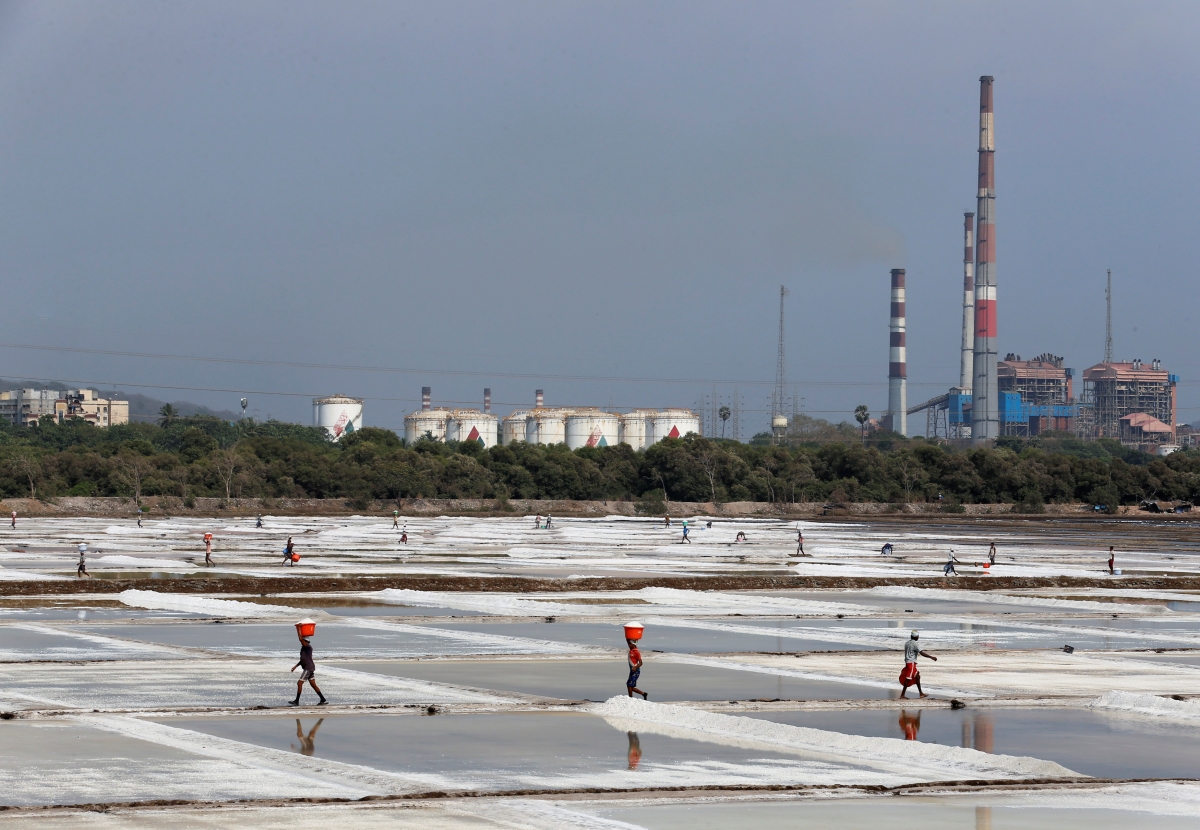India is the world's third-largest producer of salt, after the US and China. The country produces about 27 million tonnes of the product that is synonymous with loyalty, inspiring many Hindi film dialogues and advertisement campaigns. The major salt-producing states in India are Gujarat, Rajasthan, Tamil Nadu, Maharashtra, Andhra Pradesh and Odisha. Gujarat produces about 70 percent of the total salt, followed by Tamil Nadu and Gujarat.
Read: No shortage of salt, say Centre and UP CM; rumour-mongers to be penalised
In 2014-15, the total salt production stood at 268.87 lakh (26.88 million) tonnes from approximately 6.16 lakh acres of land, according to an update by the Indian government on August 7, 2015.
The total human consumption of salt in India is about 59 lakh tonnes annually, with the rest — about 107 lakh tonnes — consumed by industries, according to Tata Chemicals, one of India's corporate salt producers.
The product's identification with loyalty led to many famous Hindi film dialogues; the one that many movie buffs would recall is the conversation between the villain and one of his henchmen in the 1975-blockbuster Sholay ("Sardar, maine toh aapka namak khaya hai").
Salt's tryst with the independence movement is also legendary in India, when Mahatma Gandhi took out a protest in 1930 against the ban imposed by the British on production and distribution of salt by Indians. The act of defiance, led by Gandhi, started from his ashram at Sabarmati in Ahmedabad on March 12, 1930 and ended at Dandi, near Surat on April 6 when he and his followers picked up salt from the shore, symbolically conveying their protest against the British ban.
Tata Chemicals sold vacuum and iodised salt worth Rs. 1,248 crore in 2015-16, according to its FY2016 annual report. The company claims to have a market share of 68.5 percent in the National Branded Salt segment, citing Nielsen retail Audit March 2016.




















